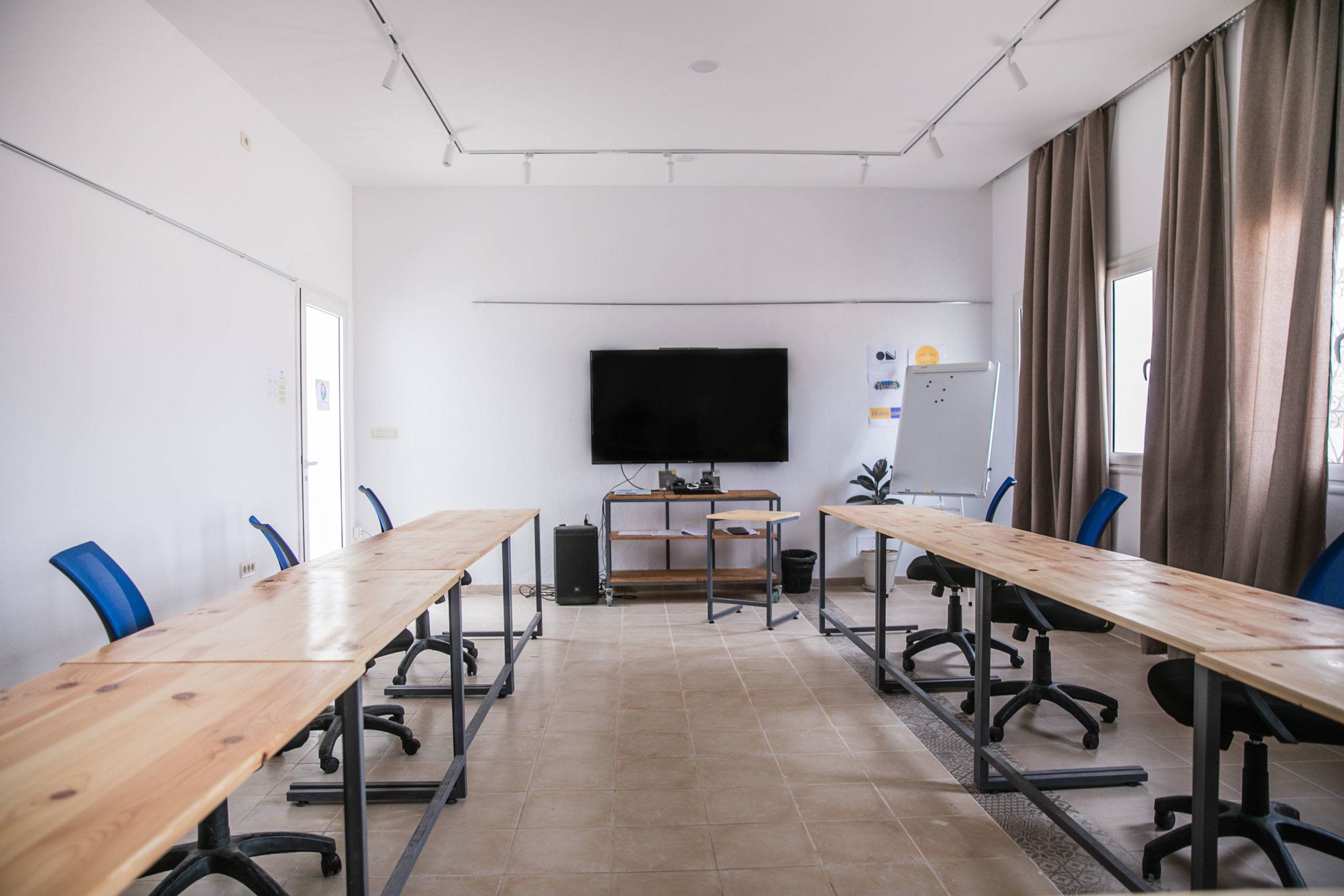How to Prepare for an Effective Meeting?
Meetings play a significant role in the success of any organization. They enable the communication of new ideas from different departments and result in better teamwork.
However, too many meetings also consume time and resources – particularly when they are not well prepared. Preparing for an effective meeting can be a difficult process but it is worth the time and effort.
In this article, we will explore some tips for preparing for an effective meeting that will help you manage your time.
Tips for effective meeting
1.Determine the Objective
A meeting is a way of communicating with your team members. Meetings have the objective of providing information, discussing problems, making decisions, and planning for future tasks. A good meeting should have clear goals and objectives. It should also be well-organized to ensure that everyone knows what is going to be discussed.
A good meeting should also not be too long because it can cause people to lose focus on the topics at hand.
The objective of a meeting varies depending on the type of meeting. There are many different types of meetings, but the most common are:
- general meetings
- team meetings
- brainstorming sessions.
The objective for these different types of meetings varies depending on the situation and what is being discussed.
You have to differentiate first between the different types of meetings:
General meetings might be used to discuss a new product or idea that has been pitched to the company.
Team members might be called in for an emergency meeting if there’s an issue with a product or service they provide.
A brainstorming session might be used to come up with marketing ideas or plans for a future event.
Whenever you think of holding a meeting, the intention of achieving some goal or objective is your key to success
2.Calling a Meeting
Let’s agree first: It is important to know who you are going to call and why. If you want to call a meeting, ask yourself if you need input or feedback from a specific group. Is there an issue that needs solving? This will help you get the right people in the room and set the tone appropriately.
A good way of calling a meeting is likely to be by sending an e-mail or posting on bulletin boards. Don’t forget to issue a reminder If your next meeting is announced at the end of another meeting… A reminder can also come in the form of an e-mail or notice.
You have to include:
- The date
- location
- time
- length
- purpose of the meeting
If you are planning on allocating someone to take on a certain role, make personal contact with that person to inform them of his or her duty.
3.Writing an Agenda
Your agenda is the road map that will guide you in the meeting. The more comprehensive your agenda will be, the more effective your meeting will be.
In an agenda, you have to mention the topics that will be discussed and the amount of time needed for that. If more than one person is going to speak during the meeting, the agenda should indicate whose turn it is to “have the floor”.
In some cases, it may be useful to forward the agenda to attendees before the meeting.
4.Allocating Roles
The preparation includes assigning roles to the participants.
A similar task is likely to be assigned to the person in charge of holding a meeting by .
The role allocation should also be made in consideration of the time each participant has to prepare for the meeting.
This should be done either in person or in the mail.
As a result, you need to make sure that all of these aspects have been thought about before you start your meeting because it can lead to wasted time and frustration if they are not done correctly.
When Do Meetings Become Ineffective?
1.Not Well-chosen Meeting Room
The first thing that you should do is to choose the right meeting room. This is because the wrong room can give off a bad vibe and make people feel uncomfortable.
To avoid this issue, it is important to make sure you have a good selection of meeting rooms that are sized appropriately for your needs. Carefully considering the size of your team before choosing a room is also critical as larger teams might need more than one room or they might need larger rooms to accommodate all of their members.
A poorly chosen room may cause problems such as forgetting an important item, having limited space, and making people feel uncomfortable like they don’t have personal space.
That’s why, Here in CoZi, we give you the opportunity of bringing success to your meeting through a well-equipped meeting room where you can find all your needs: 45m², smart TV, 2 whiteboards, Data show, …
2.Meeting Minutes
not taken, not taken competently, not distributed, not distributed on time meeting minutes may ruin your meeting. That’s why you have to give a chairman the task of meeting minutes.
3.Agenda
a no written agenda or, a not distributed one before the meeting tends to bring the meeting to be unproductive or inefficient. A simple piece of advice: make sure that any meeting has a well-written agenda.
4.Not Well-chosen Members
Some people find an opportunity in the meeting to attack people, criticize, or complain about things. Whereas some people never say anything in a meeting, others will not shut up.
Thus, choosing the adequate members to invite and keeping them stuck to the agenda is the key to your meeting success.
Lastly, be very clear about what you want to achieve at the start of the meeting by setting an agenda. This will help prevent any dead-end topics and make sure everyone in attendance knows what they are there for and why they are there in person rather than virtually through video calls.




